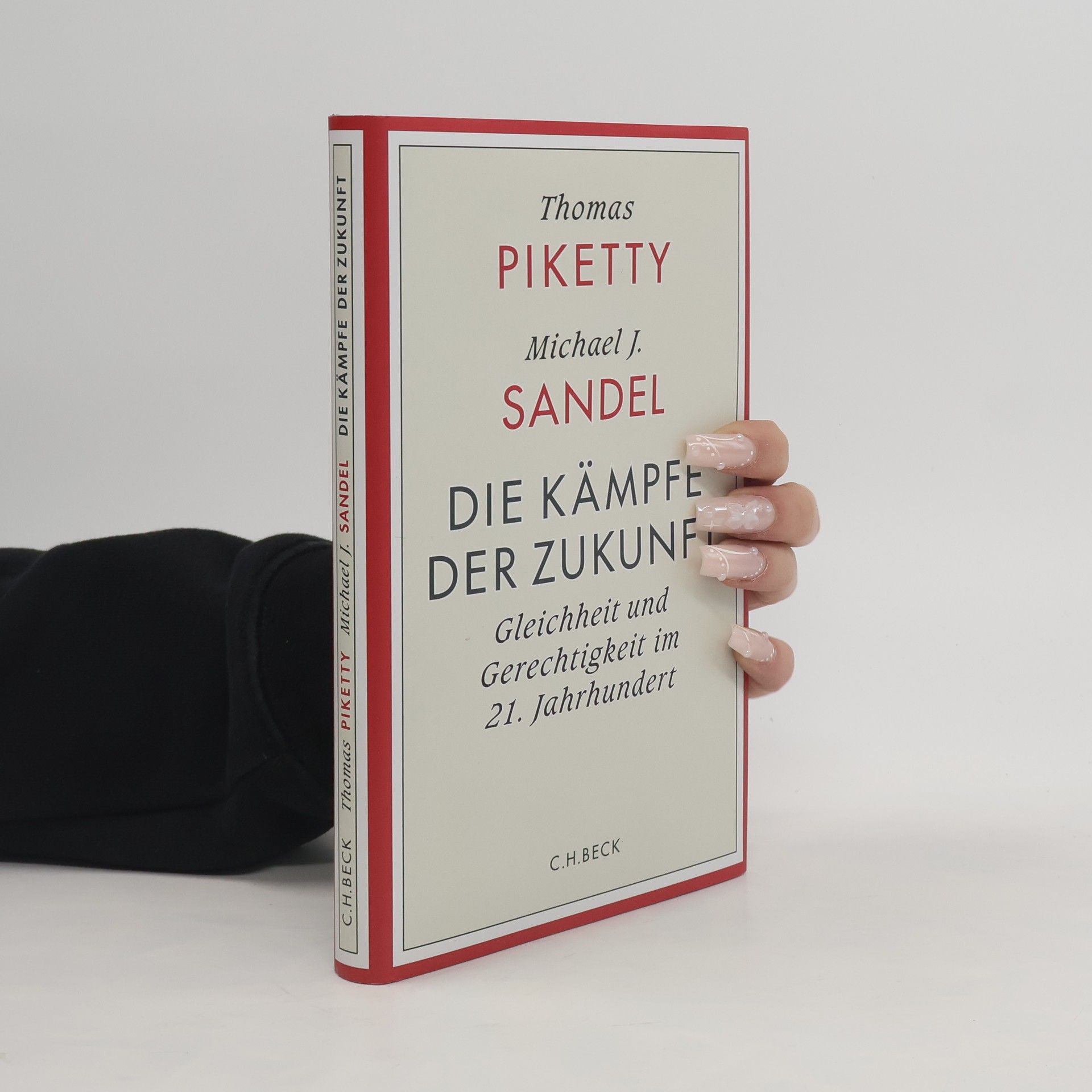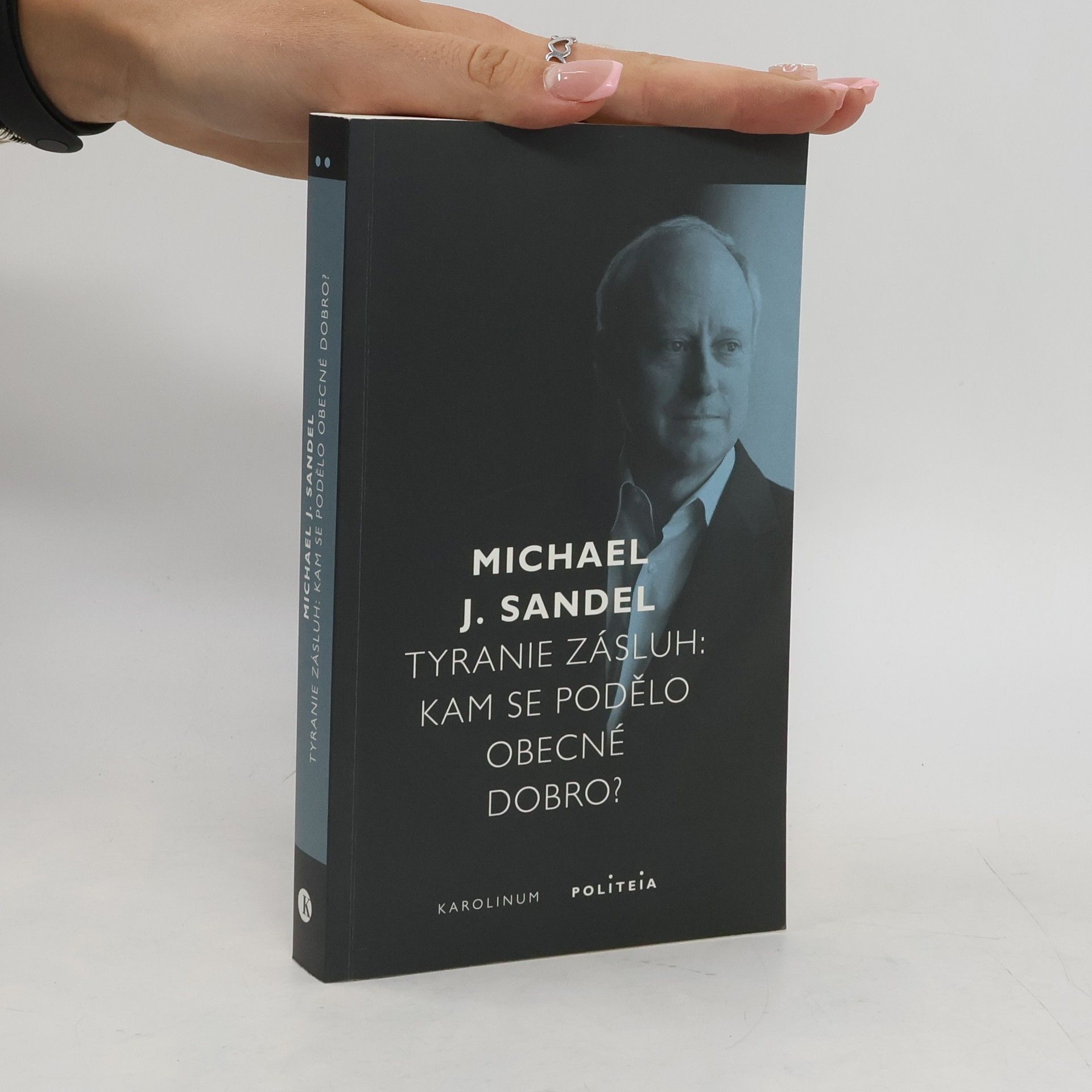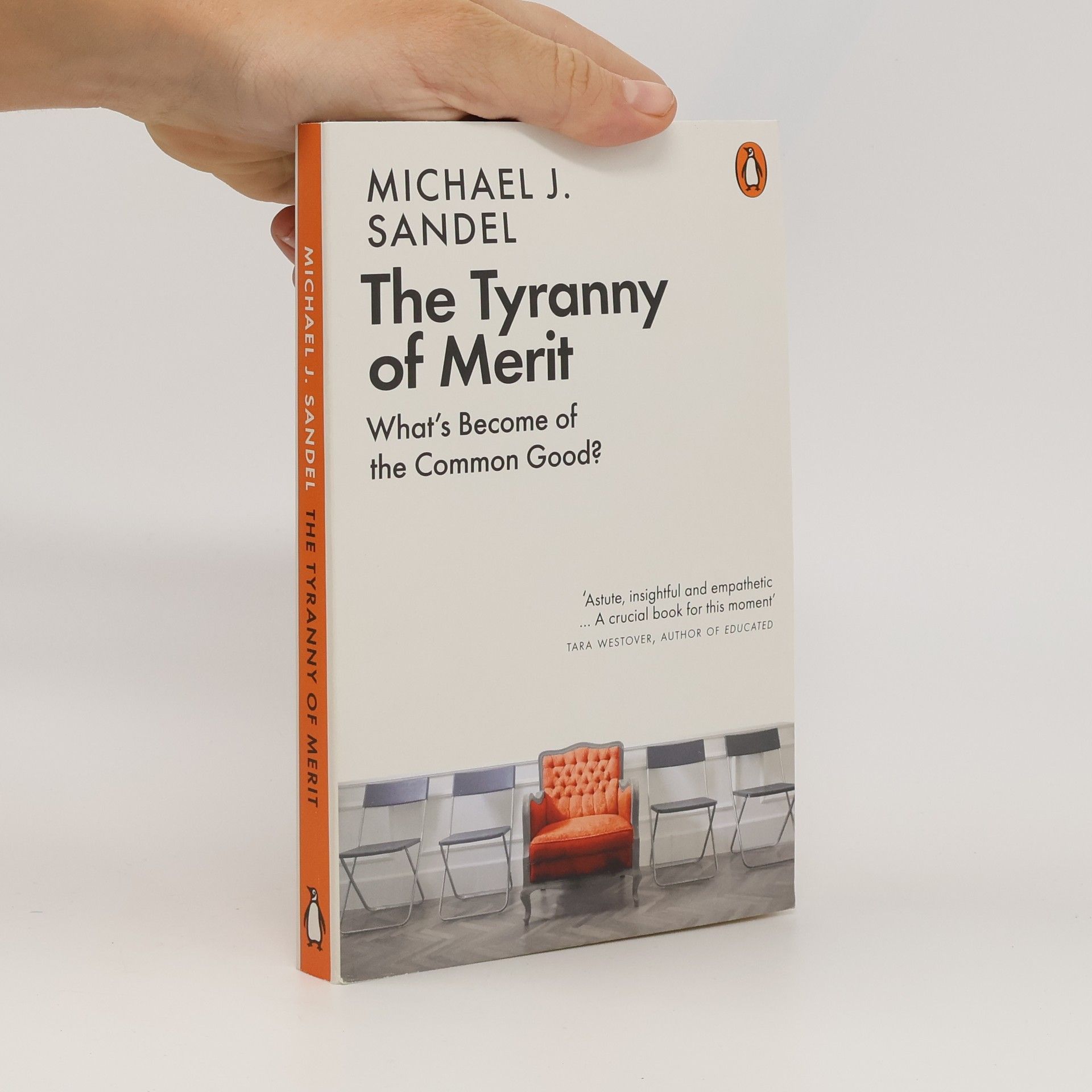Ein Gipfeltreffen der Superstars: Thomas Piketty, der Ökonom aus Paris, und Michael J. Sandel, der Philosoph aus Harvard, diskutieren über Gleichheit und Gerechtigkeit im 21. Jahrhundert. Sie beleuchten aktuelle Herausforderungen wie wachsende soziale Ungleichheit, Klimawandel, Massenmigration, den Aufstieg der Rechten und die Zukunft der Linken. Ihre Gespräche bieten nicht nur tiefgreifende Einsichten, sondern auch intellektuelles Vergnügen. In Zeiten politischer Instabilität und schwerer Umweltkrisen stellen sie die Frage, wie gegengesteuert werden kann. Beide sind sich einig, dass mehr Investitionen in inklusive Gesundheit und Bildung, höhere progressive Steuern sowie klare Grenzen für die Macht des Reichtums und der Märkte notwendig sind. Doch wie erreichen wir diese Ziele? Und sollten wir materiellen Wohlstand oder sozialen Wandel priorisieren? Die Diskussion wird zusätzlich durch den Aufstieg eines neuen radikalen Nationalismus weltweit erschwert. Piketty betont die Problematik der Eigentumskonzentration, die zu einer Machtkonzentration führt: "Die einen haben große Macht und die anderen verlieren die Kontrolle." Ihre Besteller haben die Debatte über die Vereinbarkeit von Reichtum und sozialer Gerechtigkeit neu entfacht und bieten eine spannende Grundlage für die Kernfragen unserer Zeit.
Michael Sandel Reihenfolge der Bücher (Chronologisch)
Michael J. Sandel ist ein amerikanischer politischer Philosoph, der für seine Auseinandersetzung mit moralischen und politischen Fragen bekannt ist. Seine Arbeit befasst sich eingehend mit dem Wesen von Gerechtigkeit, Bürgerschaft und dem Gemeinwohl. Sandel hinterfragt moderne liberale Vorstellungen von individueller Autonomie und betont die Bedeutung gesellschaftlicher Bindungen und gemeinsamer Werte. Seine Analysen regen dazu an, darüber nachzudenken, wie unsere persönliche Identität und unsere moralischen Verpflichtungen unser politisches Leben prägen und wie wir eine gerechtere und zusammenhängendere Gesellschaft aufbauen können.







In this compelling dialogue, two of the world’s most influential thinkers reflect on the value of equality and debate what citizens and governments should do to narrow the gaps that separate us. Ranging across economics, philosophy, history, and current affairs, Thomas Piketty and Michael Sandel consider how far we have come in achieving greater equality. At the same time, they confront head-on the extreme divides that remain in wealth, income, power, and status nationally and globally. What can be done at a time of deep political instability and environmental crisis? Piketty and Sandel agree on much: more inclusive investment in health and education, higher progressive taxation, curbing the political power of the rich and the overreach of markets. But how far and how fast can we push? Should we prioritize material or social change? What are the prospects for any change at all with nationalist forces resurgent? How should the left relate to values like patriotism and local solidarity where they collide with the challenges of mass migration and global climate change? To see Piketty and Sandel grapple with these and other problems is to glimpse new possibilities for change and justice but also the stubborn truth that progress towards greater equality never comes quickly or without deep social conflict and political struggle.
Der Philosoph Michael J. Sandel setzt sich in diesem Buch mit den zentralen moralischen und politischen Themen unserer Zeit auseinander: Er beleuchtet Sterbehilfe und Abtreibung, Homosexuellenrechte wie Stammzellenforschung, »Affirmative Action« sowie die Kluft zwischen Arm und Reich, die Rolle der Märkte und den Platz der Religion im öffentlichen Leben. Inwieweit kann Moral Einfluss auf die Politik nehmen? In seinen wegweisenden Essays argumentiert Michael Sandel für eine gerechte, moralische Gesellschaft und für ein staatsbürgerliches Freiheitsverständnis, das es Bürgerinnen und Bürgern ermöglicht, eigene Wertvorstellungen in die Gemeinschaft einzubringen. »Ein Buch zur Orientierung in schwieriger Zeit.« Morgenpost am Sonntag
Das Plädoyer des Bestseller-Autors und Philosophen Michael J. Sandel gegen die immer stärker um sich greifende Kommerzialisierung unserer Lebensbereiche In unserer Welt scheint heute so gut wie alles käuflich zu sein. Selbst Lebensbereiche, deren Wert eigentlich unbezifferbar ist – Gesundheit, Politik, Recht und Gesetz, Kunst, Sport, Erziehung, Familie und Partnerschaft – haben im freien Markt ihren Preis. Aus unserer Marktwirtschaft ist eine Marktgesellschaft geworden. Hellwach, lebensnah und zugänglich spürt Michael J. Sandel in seinem internationalen Bestseller »Was man für Geld nicht kaufen kann« den moralischen Grenzen des Marktes nach: Welche Rolle spielt er in unseren Demokratien? Wie frei darf er sein? Und wie können wir jene moralischen Güter und gesellschaftlichen Werte schützen, die man für Geld nicht kaufen kann?
»Sandel erklärt die Theorien der Gerechtigkeit mit Klarheit und Dringlichkeit.« New York Times Seit ihren Anfängen gehört Gerechtigkeit zu den Kernthemen der Philosophie. Wie können wir die Erkenntnisse, die sie im Laufe der Jahrhunderte gewonnen hat, für unseren Alltag nutzen? Anhand konkreter Beispiele von Abtreibung und Leihmutterschaft über Preisfindung in Krisenzeiten bis hin zu Kriegsrecht und Umweltschutz macht Bestseller-Autor und Star-Philosoph Michael J. Sandel die Theorien von Aristoteles, Kant oder John Rawls für unsere Zeit fruchtbar. Welchen Wert haben moralische Normen? Gibt es Kriterien für das richtige Handeln? »Gerechtigkeit« stellt unsere Überzeugungen auf den Prüfstand und plädiert für ein moralisches Engagement der Gesellschaft, das das Gemeinwohl ins Zentrum rückt.
Das Unbehagen in der Demokratie
Was die ungezügelten Märkte aus unserer Gesellschaft gemacht haben
- 512 Seiten
- 18 Lesestunden
Michael J. Sandels bahnbrechende Kritik am globalen Kapitalismus – erstmals in deutscher Übersetzung Unsere Gegenwart hat ein Demokratie-Problem. Zum einen sind unsere Gesellschaften gespalten wie nie zuvor: Befeuert durch die sozialen Medien treiben uns rassistische Ausschreitungen, Populismus, soziale Ungleichheit und eine weltweite Pandemie in die Vereinzelung. Zum anderen hat eine global ausgerichtete, von unseren Regierungen vollkommen unregulierte Wirtschaft der Politik den Rang abgelaufen. Seit nunmehr 40 Jahren macht der Neoliberalismus aus Bürgern Gewinner oder Verlierer des globalen Kapitalismus – mit verheerenden Folgen für unsere Demokratie. In seinem monumentalen Werk zeichnet Michael J. Sandel ein historisch informiertes und philosophisch inspiriertes Bild unserer demokratievergessenen Zeit. Und er führt aus, was wir tun müssen, damit aus Konsumenten wieder Bürger werden, die ihre Gesellschaft aktiv gestalten. »Das Unbehagen in der Demokratie« ist die nun erstmals auf Deutsch vorliegende, vollständig überarbeitete und aktualisierte Ausgabe von Michael J. Sandels Klassiker »Democracy's Discontent«, der 1996 in den USA erschien und seither die Debatten um Neoliberalismus und Kapitalismus entscheidend prägt.
Twenty-five years after his prescient Democracy's Discontent, Michael Sandel updates his classic work for our more fractious age. He shows how, since the 1990s, Democrats and Republicans embraced a market faith that led to the toxic politics of our time. To rescue democracy, he argues, we must reimagine the economy and revitalize the civic project.
Tyranie zásluh : kam se podělo obecné dobro
- 294 Seiten
- 11 Lesestunden
Demokracie je v ohrožení. Již dlouho se ve společnosti prohlubuje propast mezi vítězi a poraženými, ovlivňuje politiku a vzdaluje nás od sebe. K překonání zloby a nevraživosti vůči politickým a kulturním elitám je třeba, aby mainstreamové strany, podobně jako jejich protějšky po celém světě, přehodnotily svou misi a účel. Naděje na obrodu našeho morálního a občanského života závisí na tom, zda pochopíme, jak se v posledních dekádách postupně rozpadala společenská pouta a respekt, mimo jiné i v důsledku meritokratické etiky orientované na trh. Kniha se snaží vysvětlit příčiny dnešní situace a hledá cestu zpět k politice obecného blaha.
The tyranny of merit : what's become of the common good?
- 288 Seiten
- 11 Lesestunden
"The world-renowned philosopher and author of the bestselling Justice explores the central question of our time: What has become of the common good? These are dangerous times for democracy. We live in an age of winners and losers, where the odds are stacked in favor of the already fortunate. Stalled social mobility and entrenched inequality give the lie to the American credo that 'you can make it if you try'. The consequence is a brew of anger and frustration that has fueled populist protest and extreme polarization, and led to deep distrust of both government and our fellow citizens--leaving us morally unprepared to face the profound challenges of our time. World-renowned philosopher Michael J. Sandel argues that to overcome the crises that are upending our world, we must rethink the attitudes toward success and failure that have accompanied globalization and rising inequality. Sandel shows the hubris a meritocracy generates among the winners and the harsh judgment it imposes on those left behind, and traces the dire consequences across a wide swath of American life. He offers an alternative way of thinking about success--more attentive to the role of luck in human affairs, more conducive to an ethic of humility and solidarity, and more affirming of the dignity of work. The Tyranny of Merit points us toward a hopeful vision of a new politics of the common good"--
Przeciwko udoskonalaniu człowieka. Etyka w czasach inżynierii genetycznej
- 125 Seiten
- 5 Lesestunden
Rozwój genetyki przynosi nadzieję, czy niebezpieczeństwo dla ludzkości? Gdzie jest granica między leczeniem a udoskonalaniem człowieka? Opowiadając się przeciw udoskonaleniom genetycznym, odrzucam jednostronny triumf doskonałości nad szacunkiem i postuluję powrót do koncepcji życia jako daru. Równocześnie stawiam jednak tezę, że istnieje różnica między leczeniem a udoskonalaniem. Medycyna ingeruje w naturę, ale ogranicza ją cel, jakim jest przywrócenie normalnego funkcjonowania ludzkiego organizmu, dlatego nie stanowi aktu nieposkromionej pychy ani walki o dominację. Potrzeba leczenia wynika z faktu, że świat nie jest doskonały i skończony, lecz nieustannie wymaga ingerencji i rekonstrukcji ze strony człowieka. Nie wszystkie elementy rzeczywistości są dobre. Z epilogu autora



